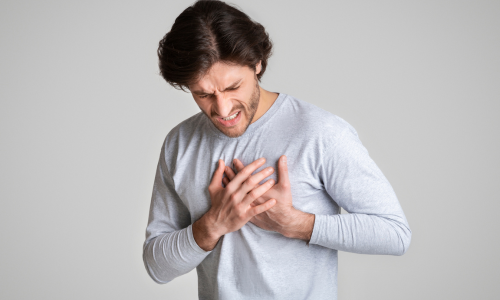

Chest pain is a common symptom that can have many different causes, ranging from mild conditions to serious, life-threatening issues. It is often associated with heart problems, but chest pain can also originate from issues in the lungs, esophagus, muscles, ribs, or nerves. Understanding the potential causes of chest pain and knowing when to seek medical help is crucial for proper diagnosis and treatment.

Chest pain can be caused by a variety of conditions. Here are some of the most common:
The nature of chest pain can vary widely, depending on the cause. Common symptoms include:
Diagnosing the cause of chest pain involves a thorough medical history, physical examination, and various tests. Your doctor may recommend:
Treatment for chest pain depends on the underlying cause:
Preventing chest pain involves addressing the risk factors for the underlying causes:
Seek immediate medical attention if you experience:
Early diagnosis and treatment can significantly improve outcomes for serious conditions like heart attacks and pulmonary embolism.
By understanding chest pain, its causes, symptoms, and treatment options, you can take proactive steps to manage your health and seek appropriate care when needed. Always consult with a healthcare professional for personalized advice and treatment.
WhatsApp us